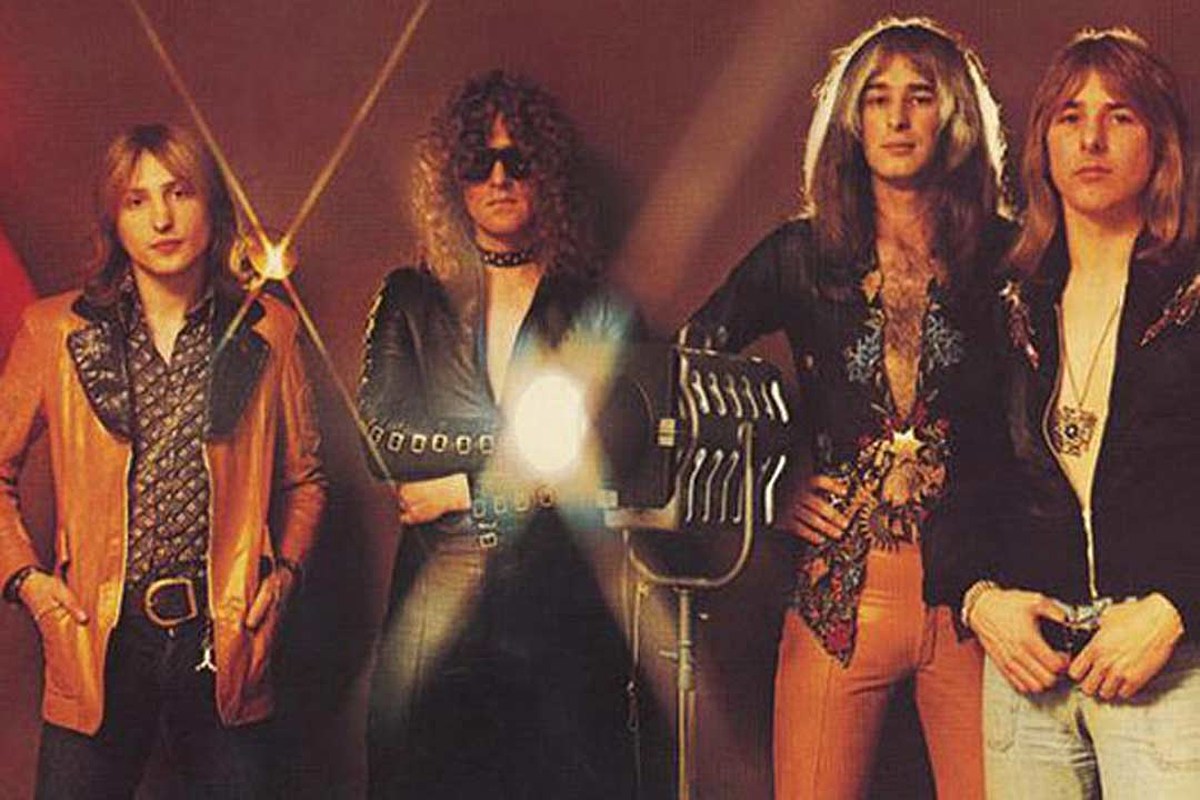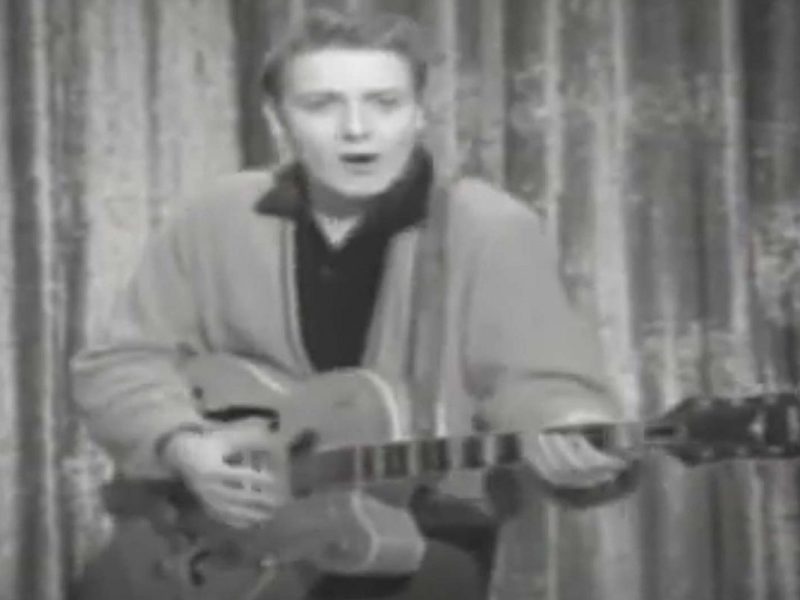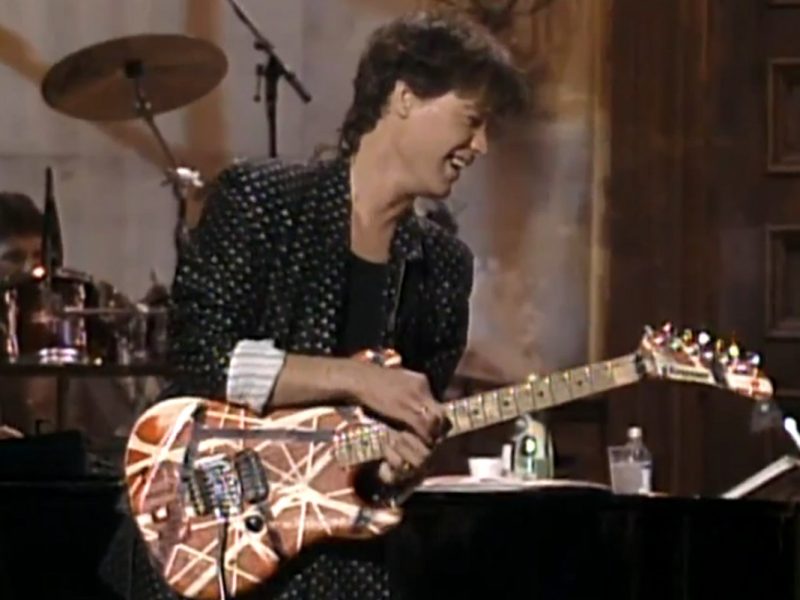Mott the Hoople officially entered the second and greatest chapter of their career on July 20, 1973, when they released their sixth album.
The LP’s title, a simple Mott, said it all: The band that had been kicking around since 1969 as an often heavy-handed British bluesy rock group led by a singer with a serious Bob Dylan obsession was no more. It was glam time.
The change actually took effect on the previous year’s breakthrough album, All the Young Dudes, in which producer and newly minted rock star David Bowie reshaped Mott the Hoople, who were close to packing it in after a half-decade’s worth of failure, into glam-rock superstars, thanks to the title track – a song Bowie penned specifically for the floundering group.
But no one knew if Dudes would click, so when Mott – led by singer and songwriter Ian Hunter, who wrote or co-wrote all but one of Mott‘s nine songs – began recording the follow-up LP in late 1972 and early 1973, this time producing themselves, their career was no longer on life support.
They still had something to prove, however. Namely, that Bowie wasn’t 100-percent responsible for their new success. Hunter, particularly, was adamant about proving the band’s own contributions to its music. It’s one reason he insisted on the group producing Mott themselves and filling the record with self-written songs (guitarist Mick Ralphs wrote the one Hunter didn’t have a hand in).
Listen to Mott the Hoople’s ‘All the Way From Memphis’
Whether or not it was intended, the album turned out to be a reflection of Mott the Hoople’s rocky path to stardom. The rock stars who populate the record are bitter, beaten down and at the end of the line, physically and emotionally.
The lead track and hit single, “All the Way From Memphis,” was based on a true story about the time Ralphs’ guitar was shipped to the wrong city on tour. “Honaloochie Boogie” is all about getting lost in the scene. And the autobiographical “Ballad of Mott the Hoople (26th March 1972, Zurich)” is as weary as its road-tired melody lets on.
Mott became the band’s only Top 10 in its homeland; in the U.S., it reached No. 35 (the next album, 1974’s The Hoople, climbed to No. 28). “Honaloochie Boogie,” which was released before the album, peaked at No. 12 in the U.K.; “All the Way From Memphis” made it to No. 10. Along with All the Young Dudes, it’s Mott the Hoople’s greatest work and, in a way, their most representative.
By the following year, Ralphs had left for Bad Company, Hunter was outgrowing the band and things were starting to splinter. After releasing The Hoople, they were finished. Mott remains their most personal statement.
How 100 of Rock’s Biggest Acts Got Their Names
From AC/DC to ZZ Top, we give you all the ammo you need to be the biggest know-it-all in town.



